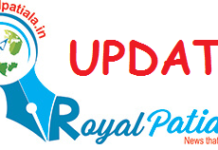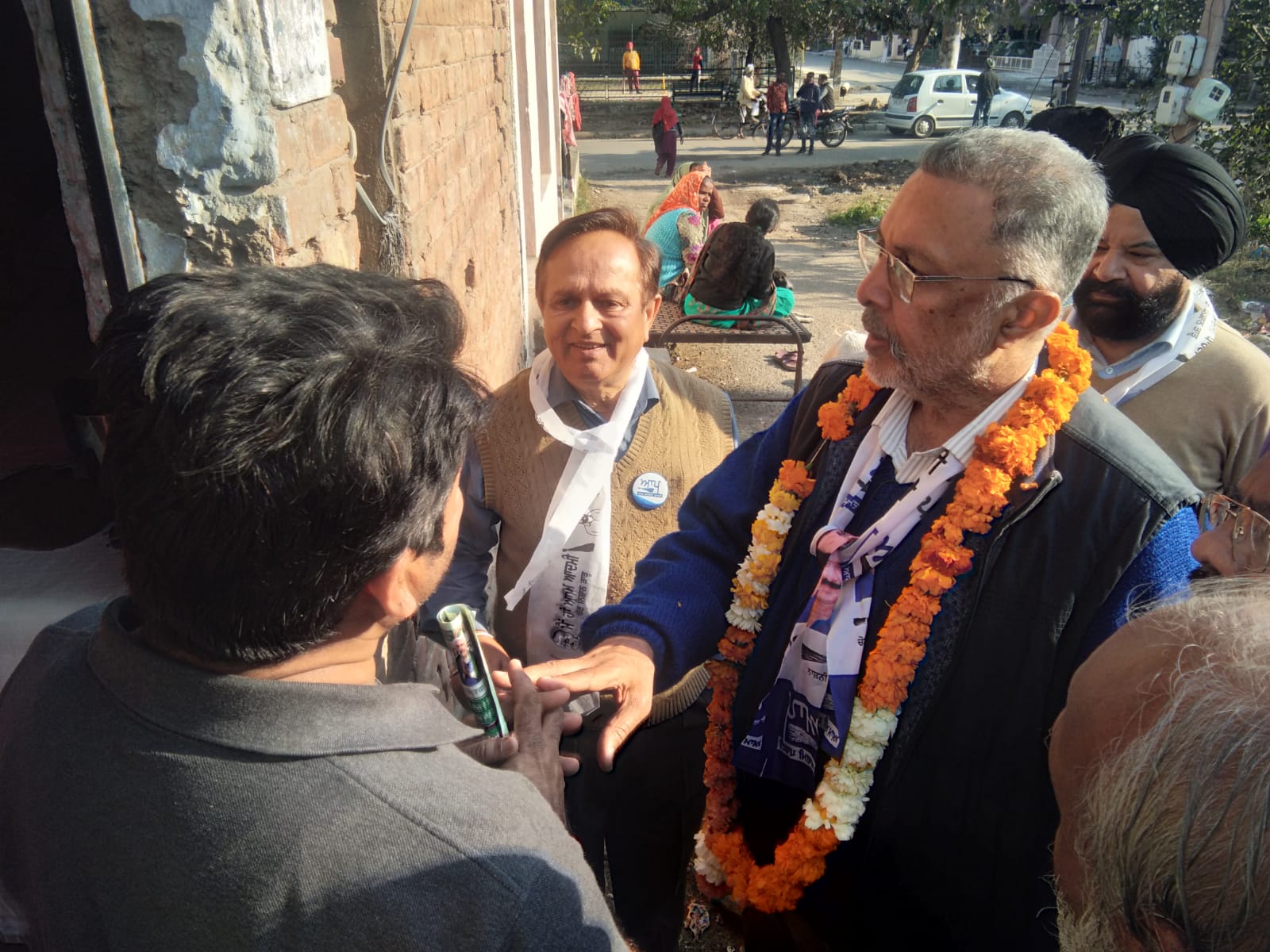Punjab govt. issues comprehensive policy for routine water sampling
Kanwar Inder Singh/ royalpatiala.in
To prevent the outbreaks of water-borne diseases and thus morbidity and mortality, the Punjab Government has released a comprehensive policy regarding routine sampling of drinking water.
Giving details here today, the Health Minister Balbir Singh Sidhu said that as per policy, the Department of Local Govt and Water Supply and Sewerage Board has made responsible for the supply of potable drinking water to the residents and routine sampling of the drinking water in the urban areas.
Similarly, the Department of Water Supply & Sanitation is responsible for the supply of potable drinking water and routine sampling in rural areas.
Sidhu further said that Local Govt and Water Supply & Sanitation department would also ensure regular chlorination of the water being supplied to the residents of rural and urban areas. He said that Health & Family Welfare Department, Punjab shall not undertake routine sampling of the drinking water in the State. However, the samples of drinking water in the case of an outbreak of water, Health Department shall be cross-checking for bacterial contamination and will collect some random samples of drinking water from areas from where an outbreak of waterborne diseases have been reported in the past. The health department will collect some random samples of drinking water from areas from where complaints of contamination is reported or from where cases of diarrhoea or other water borne diseases are reported.
Health Minister stated that guidelines have been issued to all Civil Surgeons so that water samples collected by health department shall be sent to State Public Health Laboratory, Kharar for testing of drinking water. He said that they will now share the details of the areas from where water samples have failed (bacterial contamination etc) to the department concerned for immediate remedial measures. Considering the circumstances, the Local Govt. and Water Supply and Sanitation department should ensure that an alternate source of drinking water is made available in the area from where diseases have been reported.
Chlorination of drinking water to be ensured for the disinfection of drinking water from where the outbreak of waterborne disease has been reported, he said.
February 11,2021













